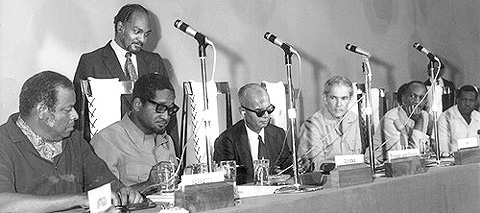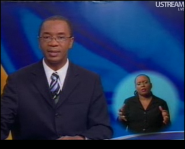The following was circulated to those who signed the petition by James Lynch, PETITION FROM THE TRAVELLING PUBLIC TO THE OWNERS OF THE CARIBBEAN AIRLINE LIAT.
You need to know that LIAT are about to have another huge meltdown. Yes, it’s probably going to happen again, and maybe even worse.
All the ATR Pilots trained at the beginning before the aircraft were delivered are now due for re-currency training, and many of the senior pilots are going on their usual booked holiday in December. That’s the start of it.
So, unless somebody comes up with a small (large?) miracle, LIAT are going to have to park many of their planes and cancel/reschedule/ delay many of their flights.
LIAT management were warned by both the ECCAA (the Civil Aviation Authority) and the LIAT Pilots Association LIALPA that this was going to happen unless they made alternate plans (LIALPA also warned Brunton before the first meltdown), so the many shortages which came to a head in August are going to be dwarfed by what is about to happen again at LIAT approaching and during the Christmas Season.






























You must be logged in to post a comment.